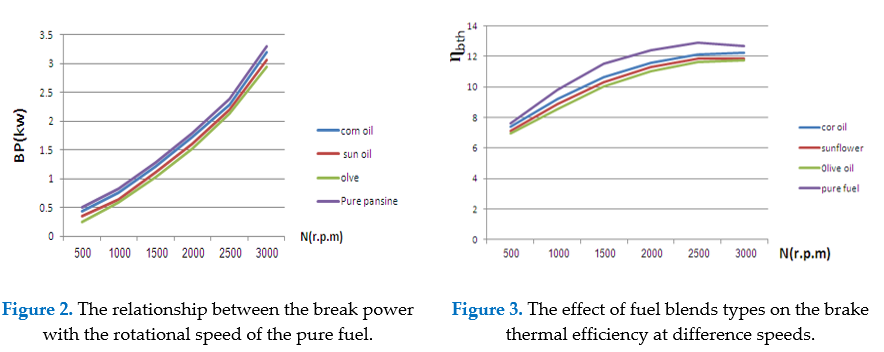The Effect of Biodiesel on the Diesel Engine
DOI: 10.5281/zenodo.11213302
Abstract
Biodiesel has a significant impact on the performance and durability of diesel engines. Biodiesel, a renewable and cleaner-burning fuel derived from biological sources such as vegetable oils and animal fats, is increasingly being adopted as an alternative to traditional petroleum diesel. This shift is driven by the need for reducing the environmental impact of fossil fuels and enhancing energy security. The integration of biodiesel into the diesel fuel market comes with a variety of effects on engine performance, emissions, and durability. Understanding these impacts is crucial for optimizing engine design, ensuring operational efficiency, and complying with environmental regulations. This article undertakes a systematic experimental analysis to evaluate the impact of various vegetable oil-diesel blends on the performance characteristics of a single-cylinder compression ignition engine. The investigation incorporated four distinct fuel mixtures: 10% sunflower oil with 90% diesel, 10% olive oil with 90% diesel, 10% corn oil with 90% diesel, and a control sample of pure diesel. Performance testing was conducted using a four-stroke single-cylinder engine (Model GR0306/000/038A) with a compression ratio of 21:1. Experimental results indicate a decrement in engine performance parameters when utilizing vegetable oil fuel blends. Specifically, the brake power exhibited reductions of 9.7%, 5.14%, and 1.7% for the 10% olive oil-diesel blend, 10% sunflower oil-diesel blend, and 10% corn oil-diesel blend respectively, when compared to the baseline of pure diesel at an engine speed of 2000 rpm. Similarly, thermal efficiency ( ) was observed to decrease by 9.4%, 7.25%, and 6.04% for the same respective blends. Concurrently, the brake specific fuel consumption (BSFC) demonstrated increases of 7.9%, 5.7%, and 2.4% when operating with the aforementioned blends compared to pure diesel. These findings highlight the nuanced interplay between fuel composition and engine performance, providing critical insights into the viability of integrating renewable energy sources within existing diesel engine frameworks.





